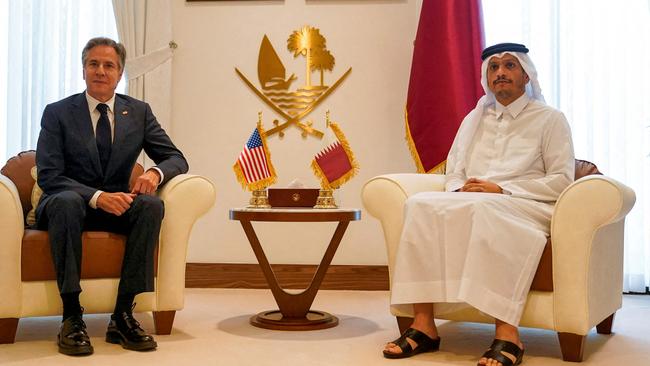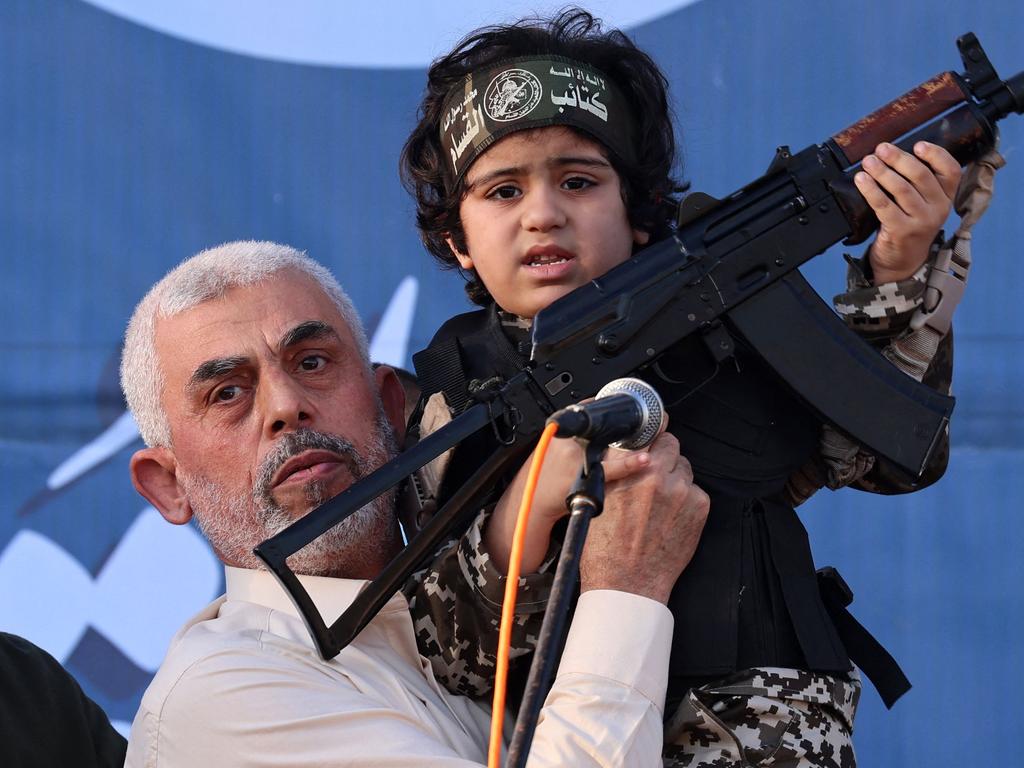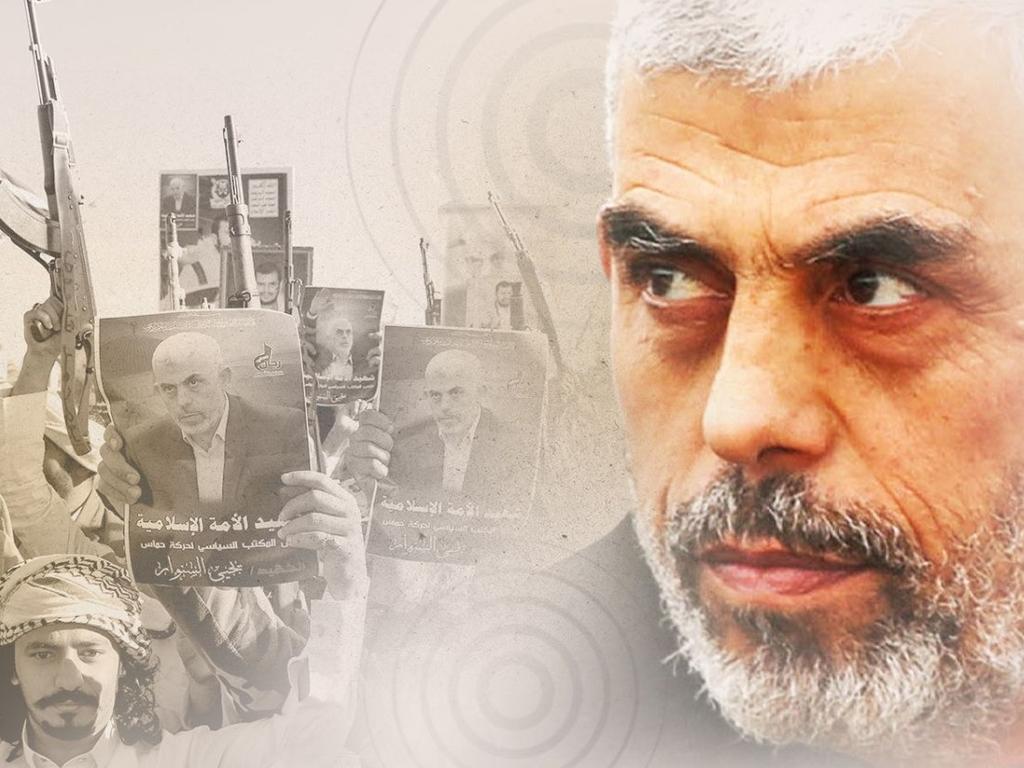Qatar pauses efforts to mediate stalled Gaza ceasefire
Qatar has cited a failure by Israel and Hamas to make progress in the talks, and has also asked Hamas’s political leaders to leave the Gulf country.

Qatar said Saturday it has paused its efforts to mediate a cease-fire in the Gaza Strip, citing a failure by Israel and Hamas to make progress in the talks. Officials familiar with the matter said earlier that Qatar also had asked Hamas’s political leaders to leave the Gulf country, where they maintain an office, after more than a year of trying to leverage their presence to broker a deal that would halt the war in Gaza and free the hostages held by the group.
The move was coordinated with the US and was communicated about 10 days ago, the officials said.
“After rejecting repeated proposals to release hostages, its leaders should no longer be welcome in the capitals of any American partner,” a senior Biden administration official said. “We made that clear to Qatar following Hamas’s rejection weeks ago of another hostage release proposal.”
A spokesperson for Qatar’s foreign ministry said in a statement that reports about the Hamas office in Doha were inaccurate but that Qatar’s efforts to mediate between the parties are currently stalled.
The foreign ministry said Qatar notified the US, Israel and Hamas 10 days ago that if an agreement wasn’t reached during the latest round of cease-fire talks, then Doha would stall its efforts to mediate. Qatar would resume its role as a mediator only when “the parties show their willingness and seriousness to end the brutal war,” the foreign ministry said.
If the suspension of talks brings Hamas and Israel’s positions closer together, then Doha could reconsider the decision to pause, a person briefed on the decision said.
Senior Hamas officials denied that they had been asked to leave the country.
The conflicting messages reflect the balancing act the tiny, hydrocarbon-rich country must strike as it triangulates between its relationships with the West and its ties in the region.
A US ally that hosts a major air base that can accommodate thousands of American troops, it has also hosted leaders of the Taliban and other extremist groups in addition to Hamas in an effort to promote itself as a diplomatic powerbroker.
The presence of the exiled Hamas leadership in Qatar has come under increasing scrutiny in recent months, as efforts to achieve a cease-fire ran into obstacles. As early as April, Hamas’s leaders contacted other regional countries looking for a new base.
The U.S. regards Hamas as a terrorist organization and therefore has no direct relations with the group, relying instead on intermediaries during months of painstaking diplomacy over Gaza. The effort to impose a cease-fire in Gaza fell apart in recent months largely because of intransigence by both Hamas and Israeli Prime Minister Benjamin Netanyahu, who says he opposes any deal that leaves the group intact.
The decision to pause talks is a dark sign for the Biden administration’s long effort to broker a cease-fire in Gaza, in which it has worked closely with both Egypt and Qatar to communicate with Hamas. Qatar’s government has grown increasingly frustrated with both Hamas and Israel in recent months.
Qatari officials have previously threatened the group with expulsion, including as recently as August, in an attempt to force progress in negotiations. Such efforts have failed to push Hamas to do a deal. Some regional officials said the recent ultimatum to Hamas could be a pressure tactic designed to extract concessions from the group.
Expulsion from Qatar is likely to have little impact on Hamas’s overall leadership structure, which includes officials spread across the Middle East including in Lebanon, Turkey, the West Bank and the Gaza Strip.
Under the leadership of Yahya Sinwar, the group’s top leader in Gaza and the mastermind of the October 7 attack, power within Hamas became concentrated in the hands of the leadership inside Gaza, with Sinwar taking overall control of the group after former leader Ismail Haniyeh was killed in Tehran over the summer.
Sinwar was himself killed by Israeli forces in Gaza in October, leaving the group without its top strategist.
Sinwar, who had been jailed in Israel, planned and authorized the October 7 attack that left 1200 dead and 250 as hostages. Israel launched an offensive in Gaza which has reduced much of the coastal enclave to rubble and killed more than 43,000 people, according to local health officials.
— Stephen Kalin contributed to this article.
The Wall Street Journal







To join the conversation, please log in. Don't have an account? Register
Join the conversation, you are commenting as Logout